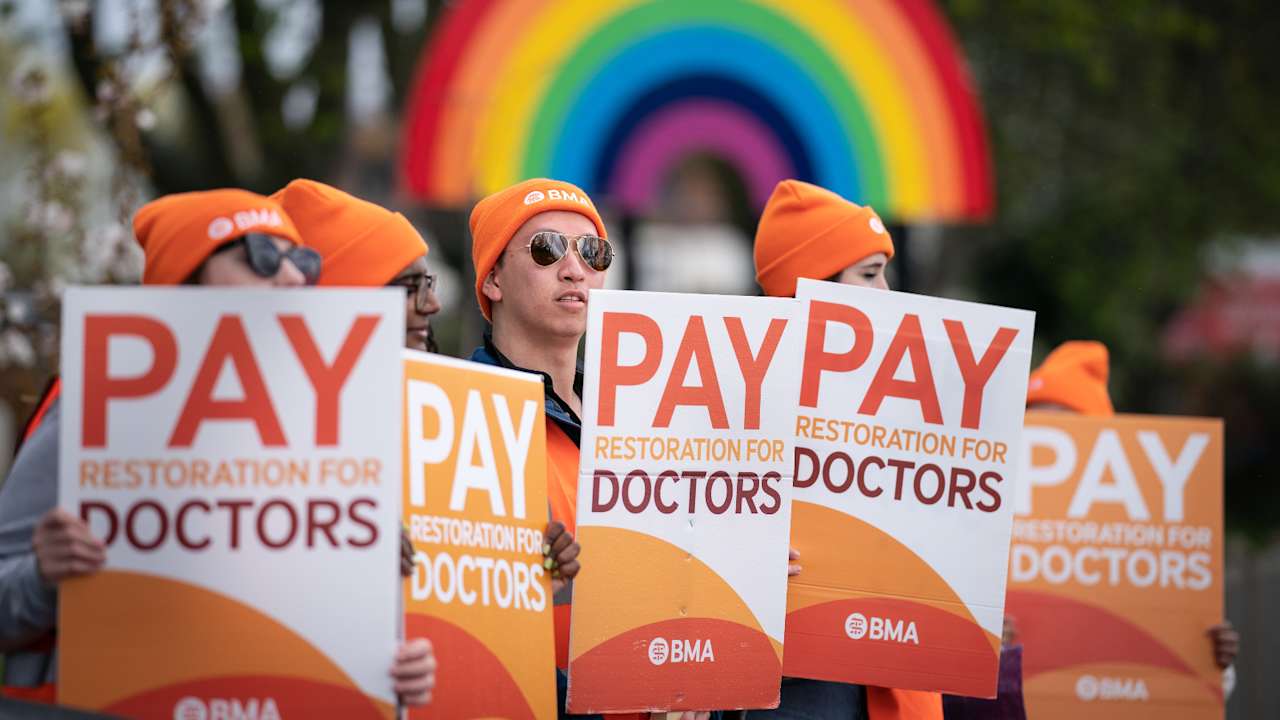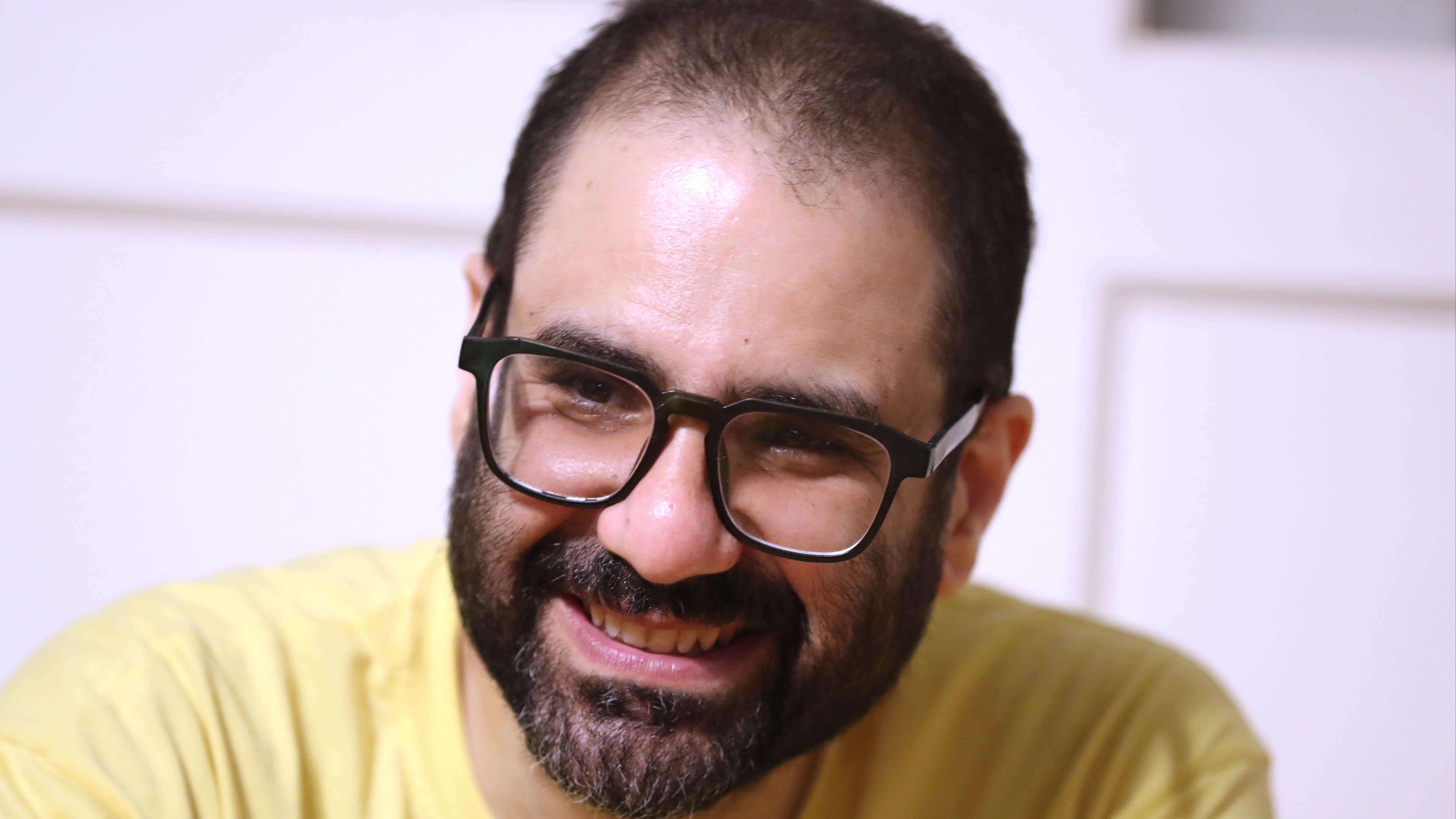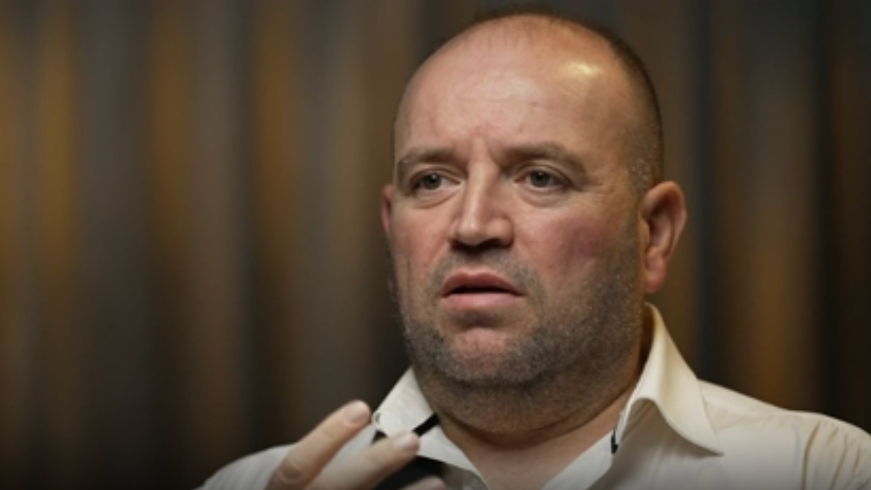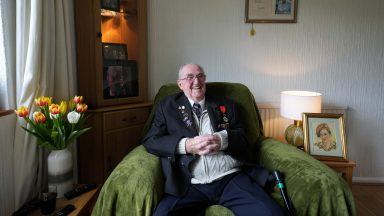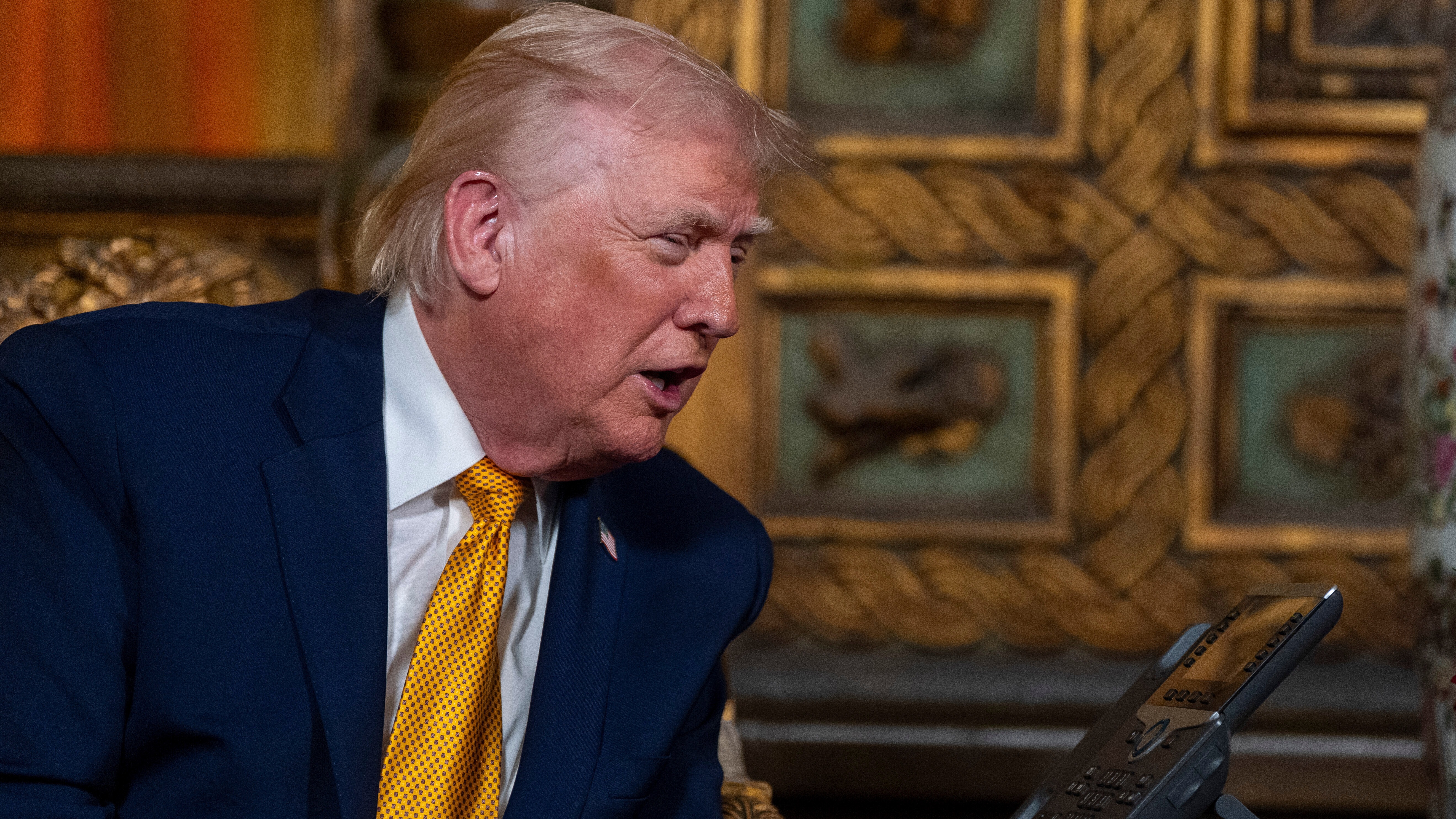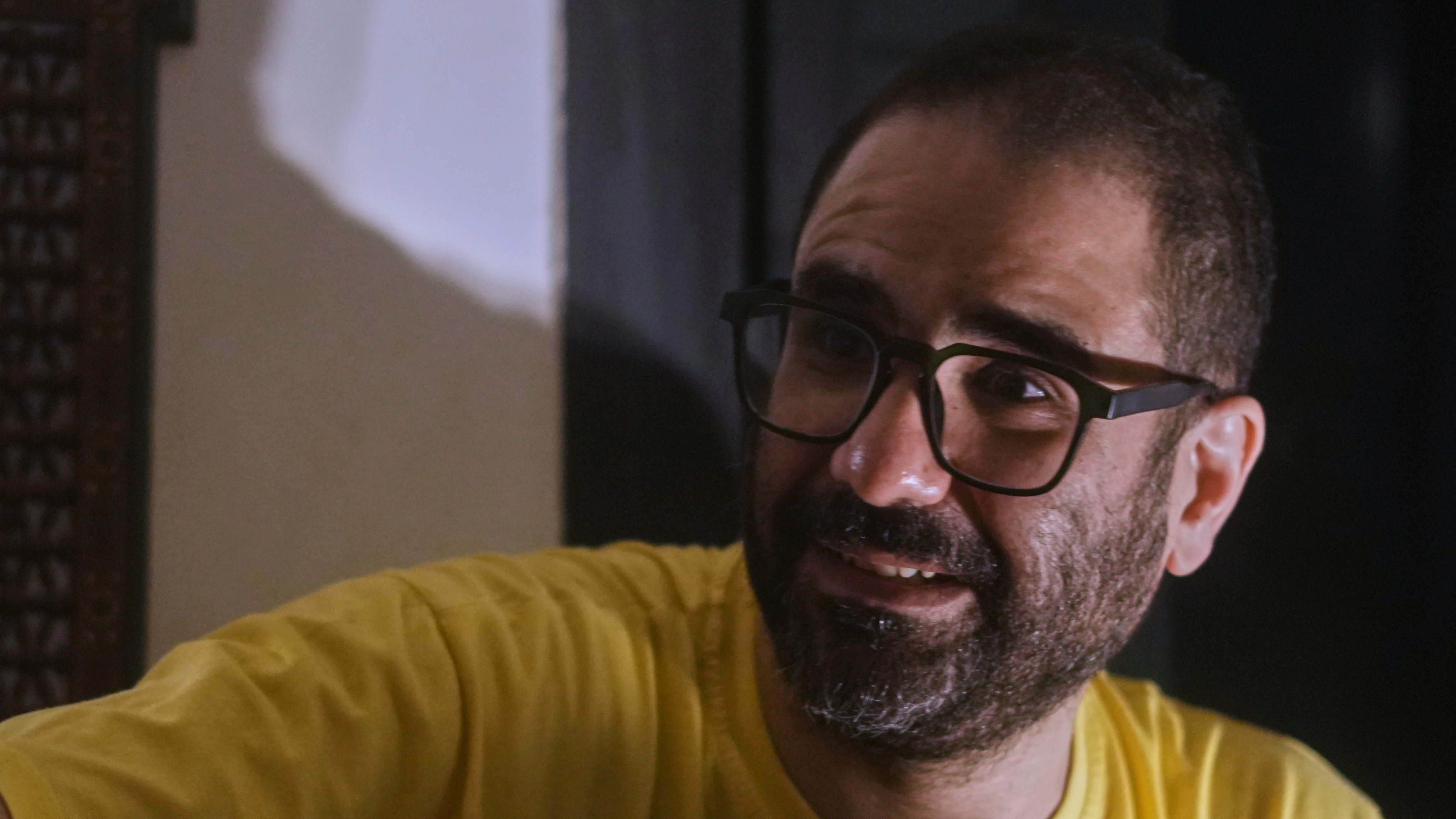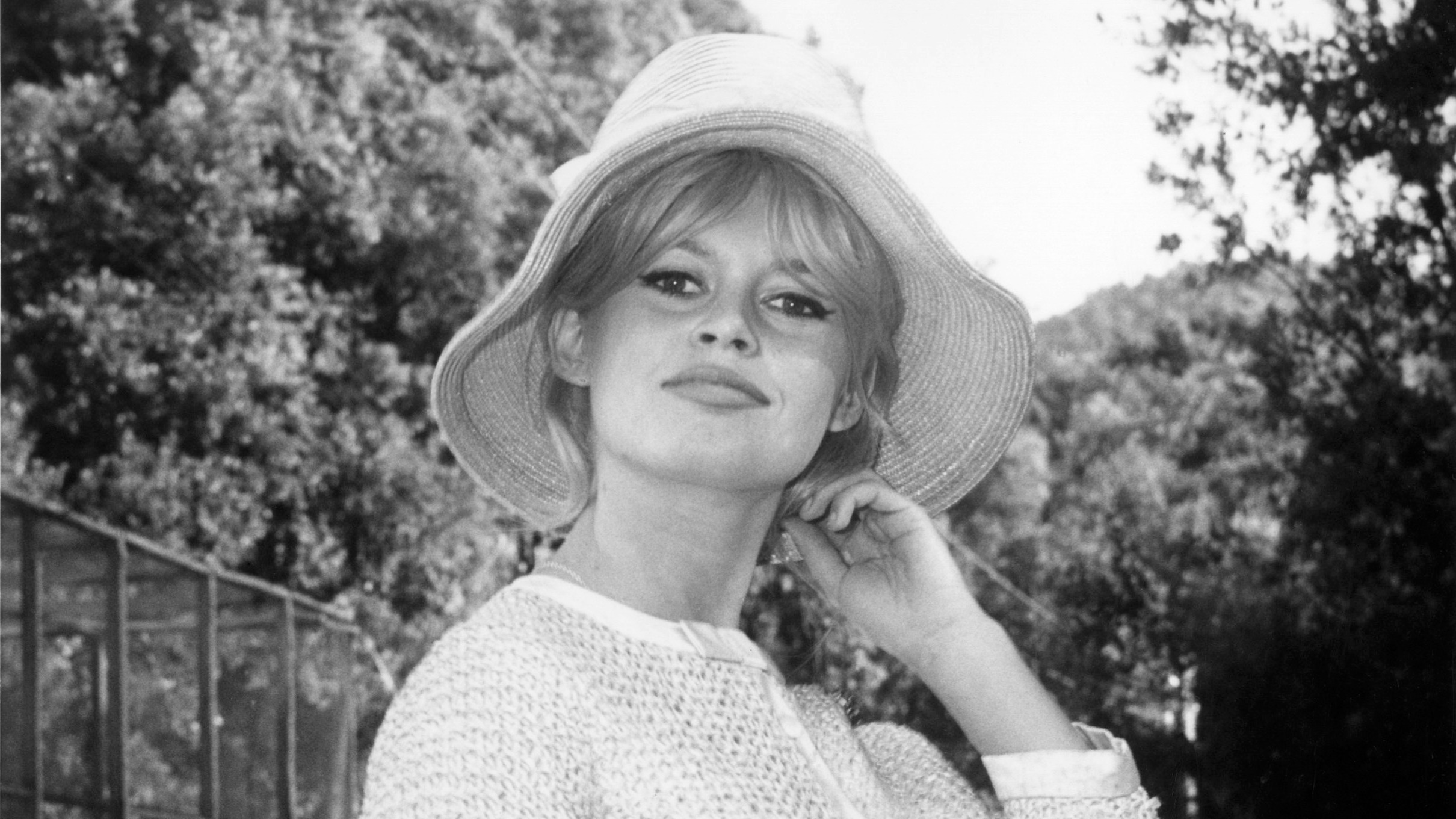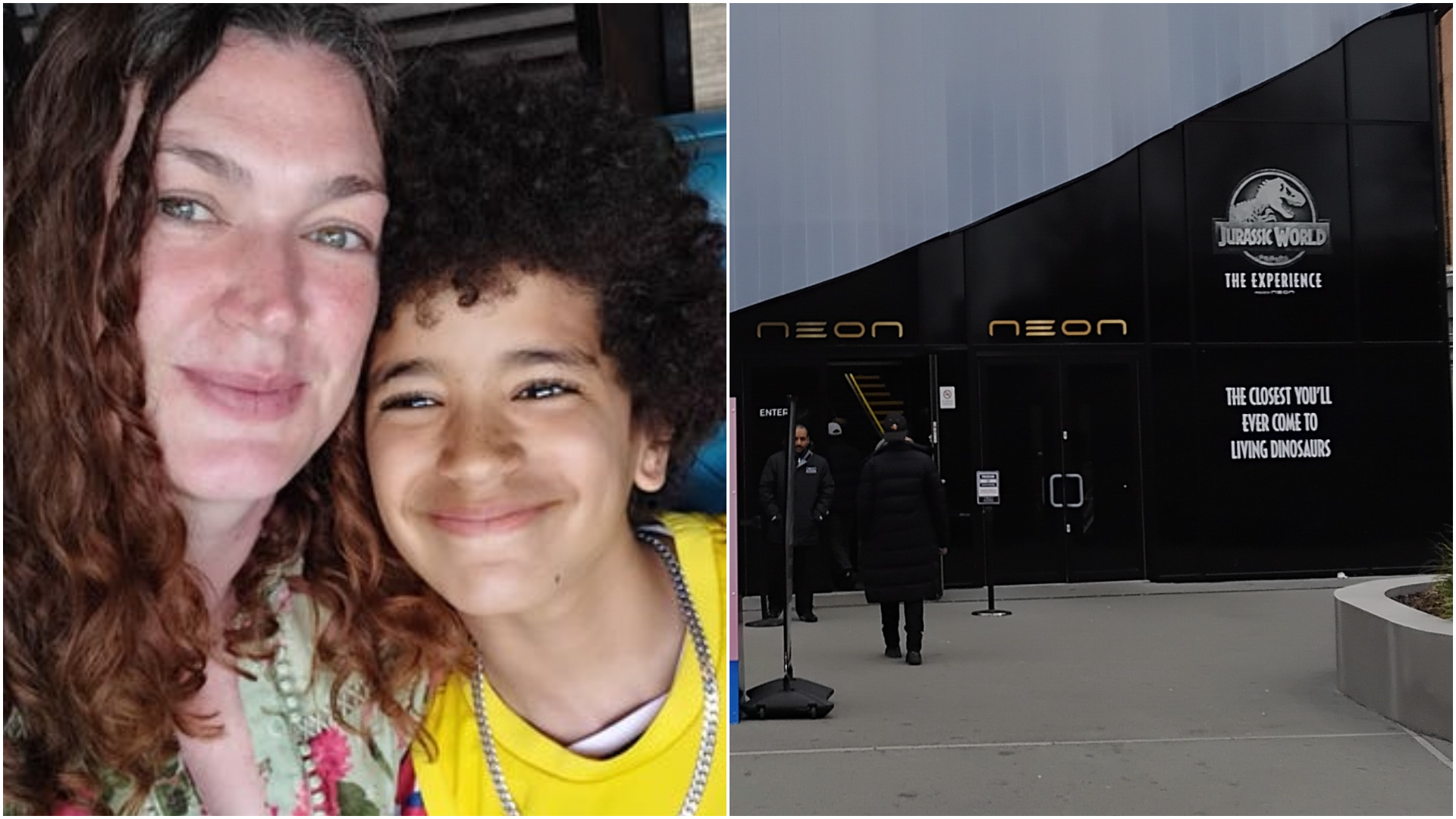Junior doctors have launched a five-day strike today in what is being described as the longest walkout of its kind in the history of the NHS.
Members of the BMA in England will mount picket lines from 7am on Thursday, amid the continuing dispute over pay in the NHS.
Members of Unite at Guy’s and St Thomas’ NHS Foundation Trust in London will also be striking on Thursday over pay.
BMA leaders urged the government to return to the negotiating table in a bid to resolve the long-running row, which has already led to a series of strikes and thousands of cancelled operations and consultations.
BMA leaders Dr Robert Laurenson and Dr Vivek Trivedi said the strike could be called off on Thursday if the government produced an “offer which is credible to the doctors they are speaking with”.
“The health secretary has said there can be no talks while strikes are planned – Scotland has proved him wrong. He said above 5% wasn’t realistic – Scotland proved him wrong. He refused to even acknowledge the concept of pay restoration – Scotland proved this is not only possible but essential,” they said.
The BMA leaders added talks had to be resumed, saying: “The government’s refusal to talk with junior doctors in England who have strikes planned is out of keeping with all norms of industrial action.”
They added: “The complete inflexibility we see from the UK government today is baffling, frustrating, and ultimately destructive for everyone who wants waiting lists to go down and NHS staffing numbers to go up.
“The government has missed chance after chance to provide a credible offer and potentially bring to an end the industrial action by junior doctors in England and whilst there are differences between junior doctors and governments in England and Scotland, the UK government has far more financial freedom to give doctors what they deserve.”
Want a quick and expert briefing on the biggest news stories? Listen to our latest podcasts to find out What You Need To Know…
NHS Providers has urged both sides to resume talks in a bid to head off more industrial action.
Deputy chief executive Saffron Cordery said repeated waves of strike action are “eroding the fundamental relationship between trust leaders and their staff”.
She said: “Trust leaders understand the strength of feeling among striking staff, who they value and work with for patients every day, and why they are taking action.
“Trusts will continue to do everything they can to limit disruption and keep patients safe but that’s getting harder and more expensive with every strike as the cost of hiring cover grows, and with staff dissatisfaction increasing as disputes remain unresolved.”
Polling by YouGov showed that public support for strikes has remained consistent since the beginning of the year.
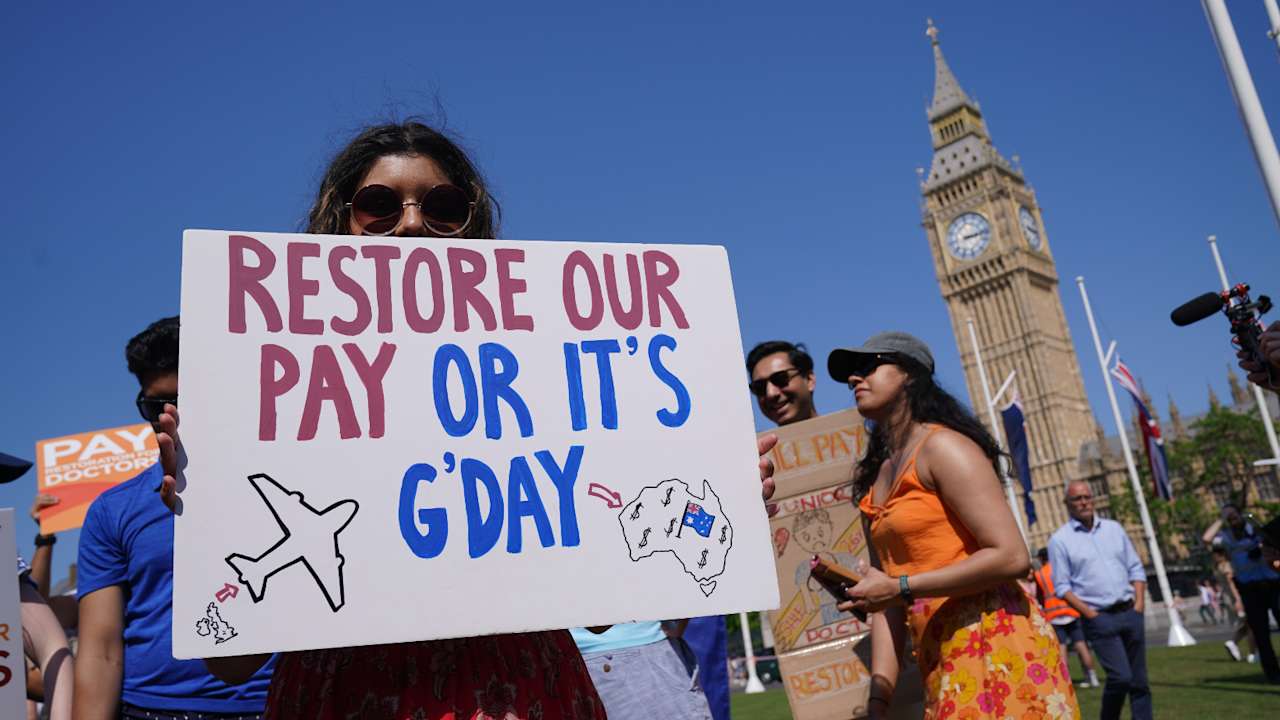
Nurses have the strongest public backing, with three in five Britons supporting them and just three in ten opposed.
Ambulance workers, meanwhile, have similar levels of support, with 58% in favour and 33% opposed.
Health and Social Care Secretary Steve Barclay said talks could resume if the BMA “shows willingness to move significantly from their current pay demands and cancels these damaging and disruptive strikes”.
He said: “It is disappointing that the BMA is going ahead with further strike action. This five-day walkout by junior doctors will have an impact on thousands of patients, put patient safety at risk and hamper efforts to cut NHS waiting lists.
“We were in discussions about pay and a range of other measures to improve the working lives of junior doctors until their representatives collapsed the negotiations by announcing further strikes. A pay demand of 35% or more is unreasonable and risks fuelling inflation, which makes everyone poorer.”
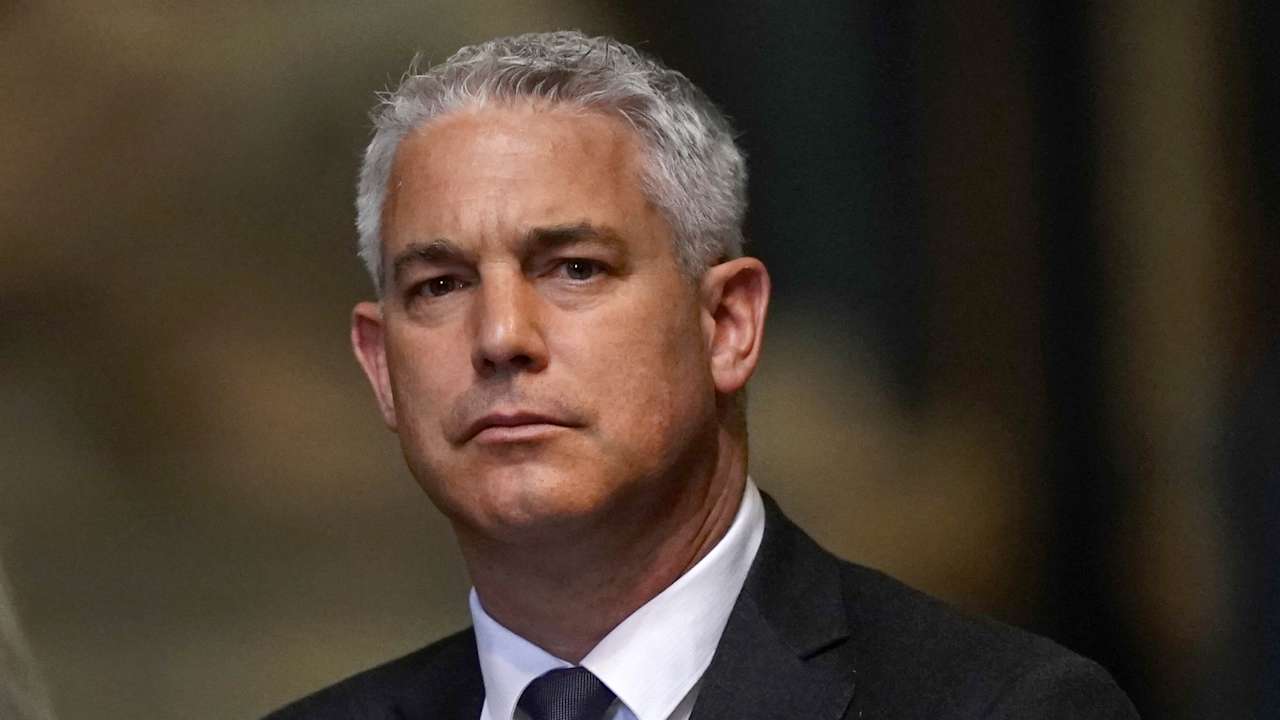
NHS national medical director Professor Sir Stephen Powis said: “We will now see industrial action on 11 out of the next 14 days so we are entering an incredibly busy, disruptive period for the NHS.
“While staff continue to work hard to provide patients with the care they need, the next strike is the longest and most disruptive yet, strikes have already impacted around 600,000 hospital appointments across the NHS, with tens of thousands more set to be affected in the coming weeks.
“Over the next two weeks, people should still seek the care they need as they usually would – calling 999 in life threatening emergencies but using NHS 111 online for other health concerns.”
Follow STV News on WhatsApp
Scan the QR code on your mobile device for all the latest news from around the country


